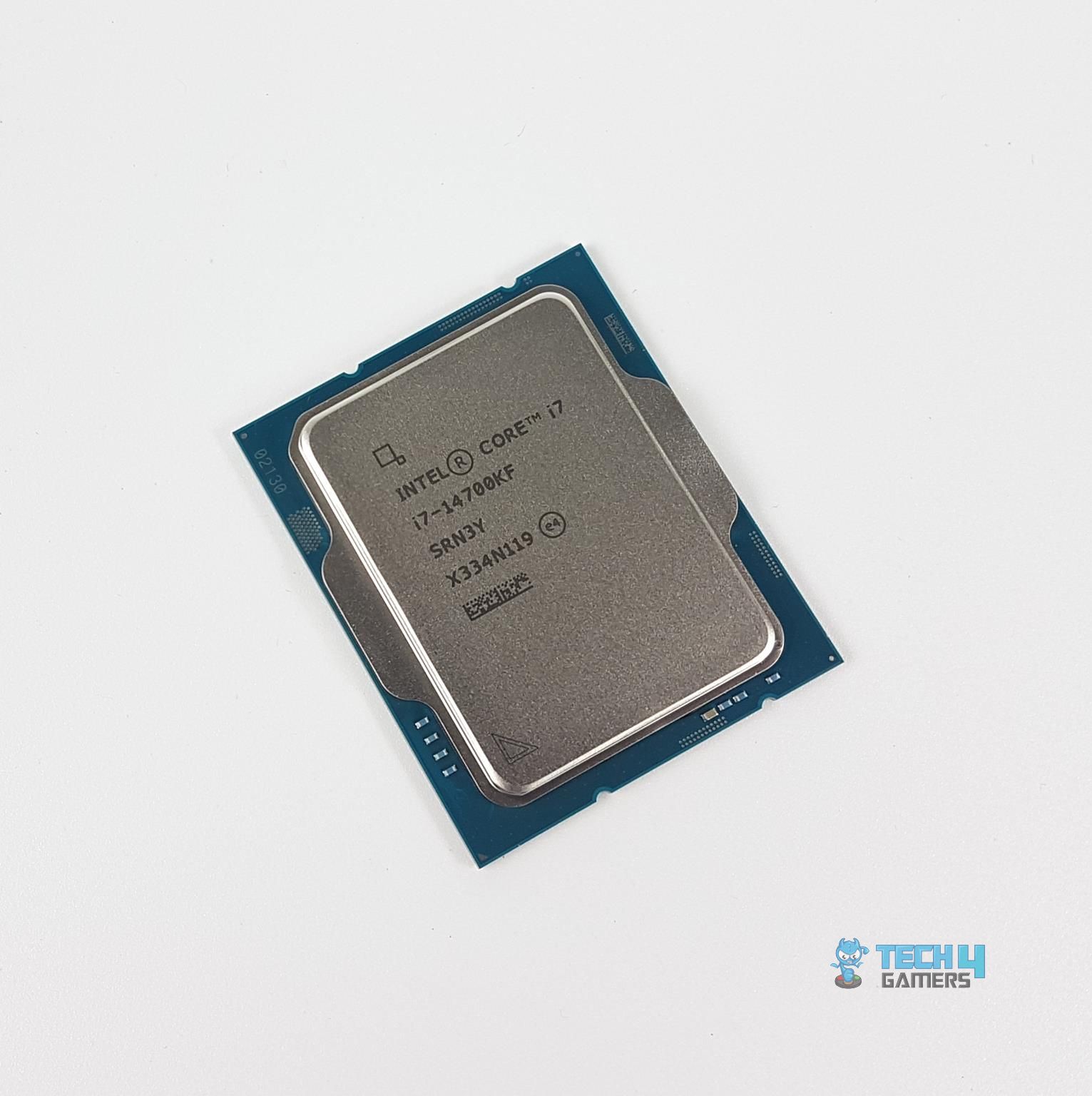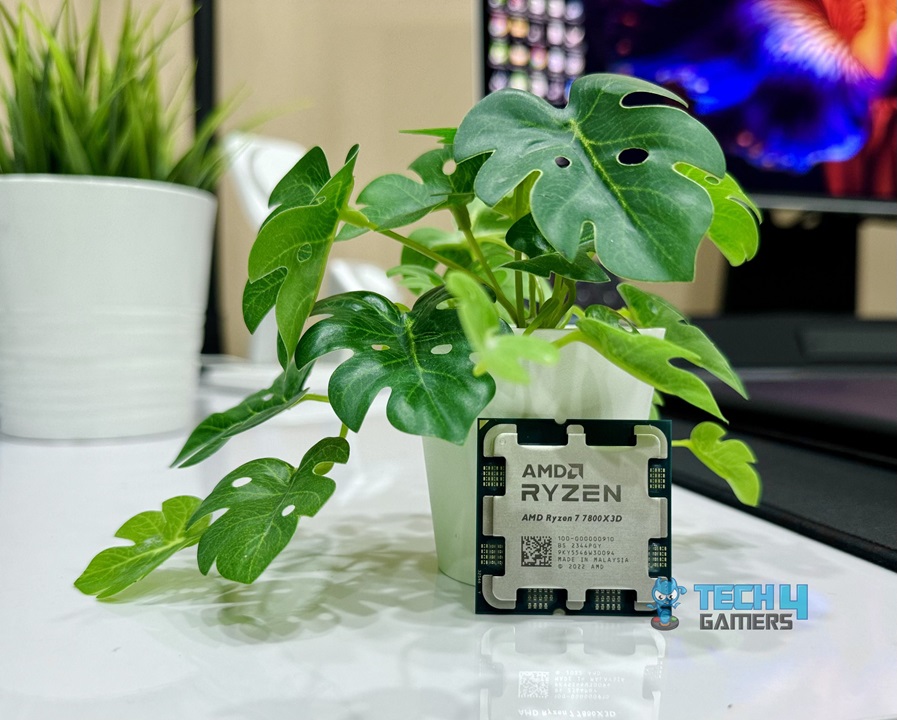- Intel confirmed its 13th Generation and 14th Generation Raptor Lake CPUs were being affected by a ‘microcode defect’ in August.
- Team Blue promised a software-based update that would prevent these processors from incurring further damage.
- The tech giant now believes its CPU instability nightmare is over, but I would advise you to proceed with caution.
Welcome back to another status update on Team Blue.
As I’m sure you’re all aware, Intel has been struggling with a myriad of after-sales concerns in the form of stability issues with its 13th Generation Raptor Lake and 14th Generation Raptor Lake Refresh CPUs.
Needless to say, Intel isn’t enjoying the perks of ‘Techtober’ like all the other tech giants are.
Resultantly, the silicon giant’s sales figures have plunged considerably and understandably so.
After all, a software patch doesn’t do much to install confidence when it comes to rectifying a hardware-based defect.
But hey, Intel’s trying its best, so let’s give them a chance and analyse how the last two months have played out for them.
Step 1: Damage Control
I’ve gone into detail as to what the specific issue with these particular Intel CPUs seems to be with Intel itself confirming it to be a fault with the microcode in 13th and 14th Generation CPUs with TDPs of 65W or higher that causes the motherboard to pump excess voltage to the processors and thereby completely fry them in the process of doing so.
Subsequently, Intel promised a software patch that would fix this critical manufacturing flaw and prevent the CPUs from incurring any further damage.
That being said, as this was supposed to be a purely software-based fix, it would be unable to correct any previous damage that the processors may have suffered.
In order to soften the blow, Intel also headlined the fact that they’d be extending the warranties for all affected CPUs for an additional time period of 2 years.
Step 2: Navigating Through The Crisis
Contrary to popular opinion, Intel refused to halt sales or recall any of its processors.
Not only that, Intel even tried blaming the manufacturers in the beginning of this conundrum under the assumption that they were tweaking the CPUs to run at higher frequencies which then threatened the stability of these processors.

Consequently, Intel came out with the “Intel Baseline Profile,” i.e., a recommended processor profile which the CPU giant strongly advised everyone to implement for optimal performance.
Unfortunately, several tests affirmed that this new CPU profile was directly proportional to noticeably slower CPU performance, especially in games.
Step 3: Public Outcry
I’m sure it’s very evident to you that quite a few people were left unimpressed with Intel’s contingency strategy.
On that note, I’m positive you won’t be surprised to know that developers (like Alderon Games and Warframe) and even retailers started advising their clients to keep a respectable distance from Intel’s Raptor Lake CPUs and instead, began advocating for AMD’s Ryzen 7000 Processors.
It also doesn’t help that AMD just released their brand new Ryzen 9000 CPUs built upon the revamped Zen 5 microarchitecture.
As a result, developers and IT-based firms are even transitioning to AMD-based server workloads because they obviously can’t afford the downtime and unreliability that’s become synonymous with Intel’s flagship processors.
Intel CPUs: What Does The Future Look Like?
It’s not all doom and gloom for Intel just yet.
Why, you ask? Well, Team Blue’s announced another comprehensive microcode patch that will supposedly permanently fix four scenarios under which your CPU might begin to undergo irreversible silicon damage.
The company also claims that none of its mobile/laptop CPUs are affected, but I’m still not totally inclined to believe that based on what I’ve been hearing till now. Innocent until proven guilty in this case, one might say.
Intel is also urging everyone to send their CPUs in for an RMA if they’re witnessing signs of performance degradation or premature silicon ageing.
That said, Intel hasn’t exactly specified as to how lenient it’ll be when it comes to replacing consumers’ processors on the basis of RMA claims.
Needless to say, even if Intel thinks their Raptor Lake nightmare is over, it’s safe to assume that the brand’s reputation and goodwill has been tarnished significantly and even ardent fans are now thinking of switching to AMD, which will undoubtedly prove to detrimentally plague Intel’s future sales of its upcoming 15th Generation ‘Arrow Lake’ Processors.
As far as my personal opinion is concerned, I’d only advise you to go for the 13th/14th Generation CPUs provided you’re getting an absolute banger of a deal, or if you’re really hell-bent on sticking with Team Blue.

Otherwise, if you’re open to experiencing the other side of the world, I would definitely urge you to spring for the AMD Ryzen 7 7800X3D if gaming is your primary concern. It’s still the king of the hill.
Thank you! Please share your positive feedback. 🔋
How could we improve this post? Please Help us. 😔
[Wiki Editor]
Ali Rashid Khan is an avid gamer, hardware enthusiast, photographer, and devoted litterateur with a period of experience spanning more than 14 years. Sporting a specialization with regards to the latest tech in flagship phones, gaming laptops, and top-of-the-line PCs, Ali is known for consistently presenting the most detailed objective perspective on all types of gaming products, ranging from the Best Motherboards, CPU Coolers, RAM kits, GPUs, and PSUs amongst numerous other peripherals. When he’s not busy writing, you’ll find Ali meddling with mechanical keyboards, indulging in vehicular racing, or professionally competing worldwide with fellow mind-sport athletes in Scrabble. Currently speaking, Ali’s about to complete his Bachelor’s in Business Administration from Bahria University Karachi Campus.
Get In Touch: alirashid@tech4gamers.com




